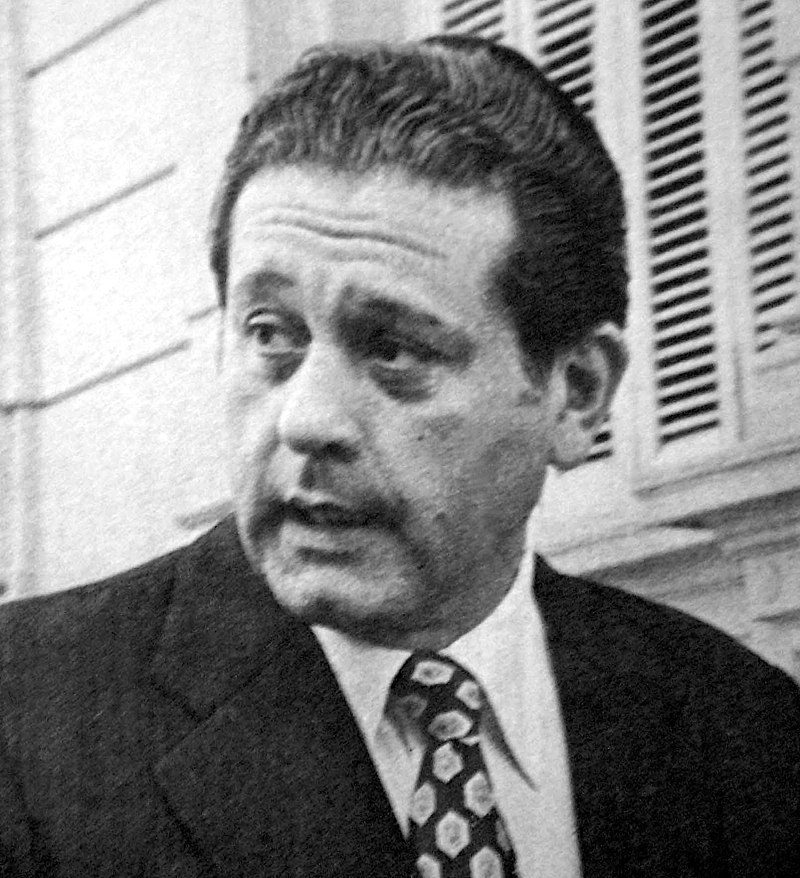Arpan K. Banerjee
Solihull, England

Over the last century, there have been many important contributions to medicine made by Argentinians. Of these Rene Geronimo Favaloro’s must surely be of the greatest, and his work on cardiac bypass surgery has saved countless of lives.
Born of Sicilian ancestry on July 12, 1923, in La Plata, Argentina, Favaloro attended medical school at the National University of La Plata. Here he was influenced by Professor Mainetti, a famous Argentinian doctor and oncologist, who taught him about the principles of standardization and the importance of high ethical standards in medical practice. Favaloro went on to apply these principles in his future chosen specialty of cardiac surgery.
After graduating and not wanting to join the Peronist party, he decided to move to a small, remote town where he set up a practice. Becoming increasingly fascinated by the newly developing field of cardiac surgery, he reluctantly left his rural practice to learn more at the Cleveland Clinic in the US. As a new resident in cardiac surgery, he came across the great angiographer Mason Sones. In 1958 Sones had discovered that the coronary arteries could be catheterized. This was a serendipitous discovery made through a twenty-six-year-old patient who went into asystole during the inadvertent entry of the catheter into the coronary artery but returned to normal rhythm after a cough. This was the world’s first coronary angiogram.
Sones was a prodigiously hard worker and built up a huge experience of coronary angiography, and Favaloro would spend his little spare time studying the coronary anatomy in his vast collection of angiograms. Favaloro felt that by using the saphenous veins from the legs, blocked or narrowed coronary arteries could be bypassed and the heart thus revascularized. In 1967, he tested out his idea by performing the world’s first coronary bypass at the Cleveland Clinic. This led to the publication of his magnum opus “Surgical Treatment of Coronary Arteriosclerosis” in 1970.
In 1971, Favaloro returned to Argentina hoping to set up a cardiac unit based on his Cleveland Clinic experience. He founded the not-for-profit Favaloro Foundation in Buenos Aires and went on to train over 400 residents. He was a meticulous operator and an early advocate of safety, and he had low mortality rates. He conducted research and had a philanthropic attitude to his patients. He published widely and organized international meetings. He was an honorary member of over forty societies actively involved in numerous others and received numerous awards, including the Leriche Prize in 1889 from the International Surgical Society and the Diamond Konex Award in 1993 as the most important scientist in the last decade in his own country.
He was also interested in history, and wrote a book about General José de San Martín, a liberator of Argentina from Spain. Sadly, following Argentina’s economic problems from the year 2000 onwards, money and support began to dry up, and the foundation found itself $18 million in debt. On July 29, 2000, Favaloro committed suicide by shooting himself in the chest.
Today Favaloro is remembered as the father of coronary bypass surgery, an accolade attributed to him by none other than his fellow cardiac surgical giant, Denton Cooley.
References
- Sones FM, Shirley EK. Cine coronary angiography. Mod Concepts Cardiovasc Dis. Jul 1962;31:735-8.
- AMK Thomas, AK Banerjee, U Busch. Classic Papers in Modern Diagnostic Radiology. Springer, 2005:452-4.
- René Favaloro. Wikipedia. https://en.wikipedia.org/wiki/Ren%C3%A9_Favaloro.
- Rene Favaloro. Surgical treatment of coronary arteriosclerosis. Baltimore: Williams & Wilkins; Edinburgh: E. & S. Livingstone, 1970.
- René Favaloro. 50th Anniversary Historical Article: Surgical treatment of acute myocardial infarction. J Am Coll Cardiol. Apr 2000;35(5 Suppl B):18B-24B. doi: 10.1016/S0735-1097(00)80044-3. Originally published in American Journal of Cardiology, November 1971.
DR. ARPAN K. BANERJEE qualified in medicine at St Thomas’s Hospital Medical School. London. He was a consultant radiologist in Birmingham 1995–2019. He was President of the radiology section of the RSM 2005–2007 and on the scientific committee of the Royal College of Radiologists 2012–2016. He was Chairman of the British Society for the History of Radiology 2012–2017. He is Chairman of ISHRAD. He is author/co-author of papers on a variety of clinical, radiological, and medical historical topics and seven books, including Classic Papers in Modern Diagnostic Radiology (2005) and The History of Radiology (OUP 2013).

Leave a Reply